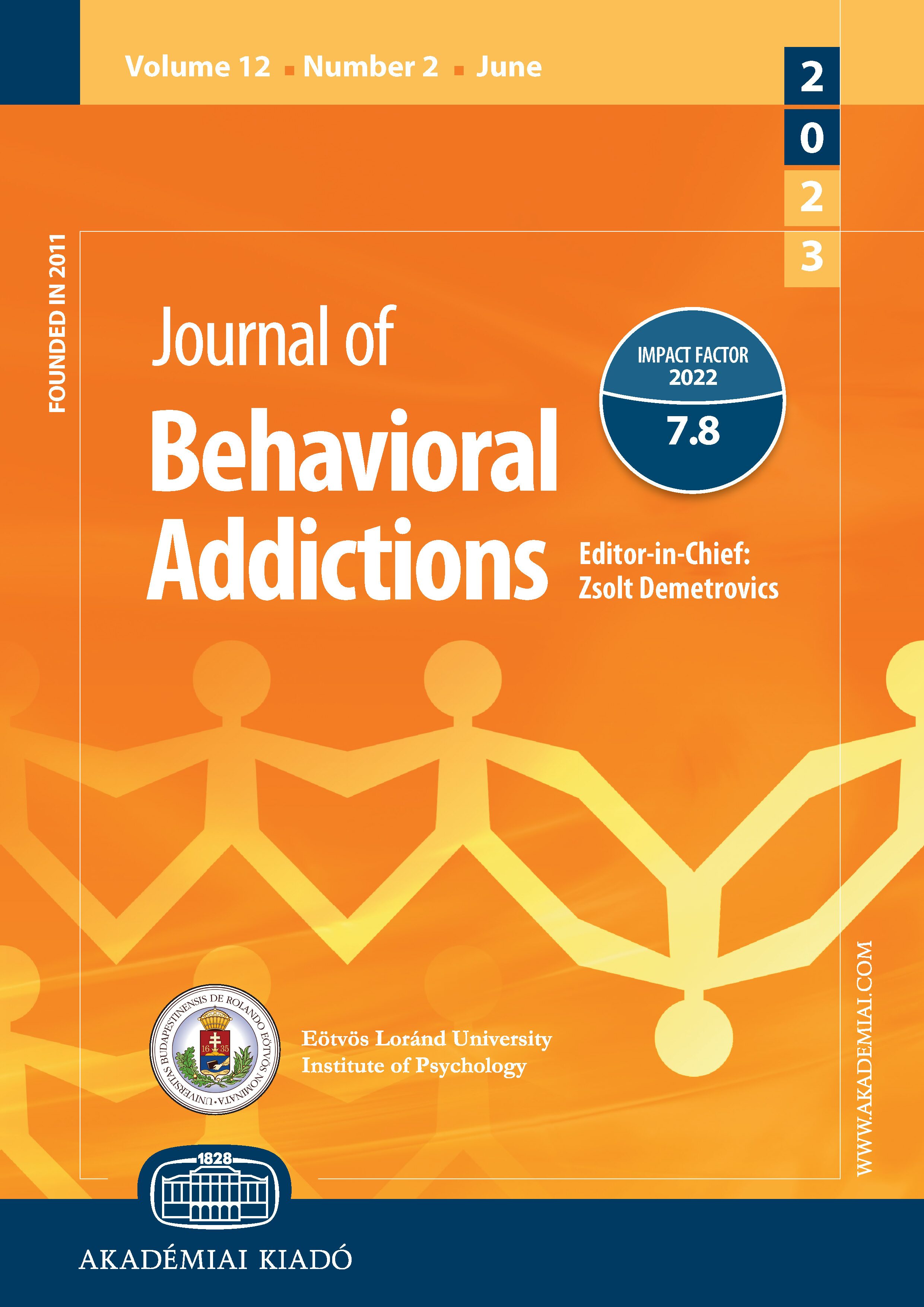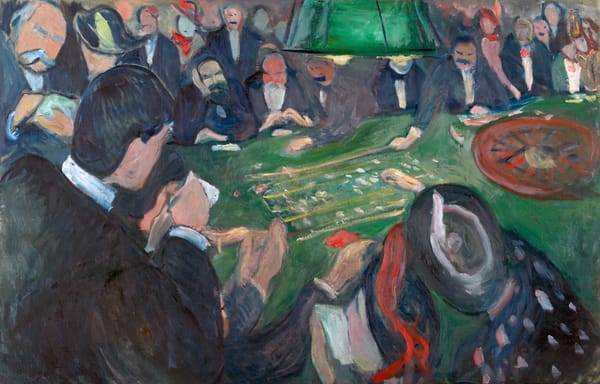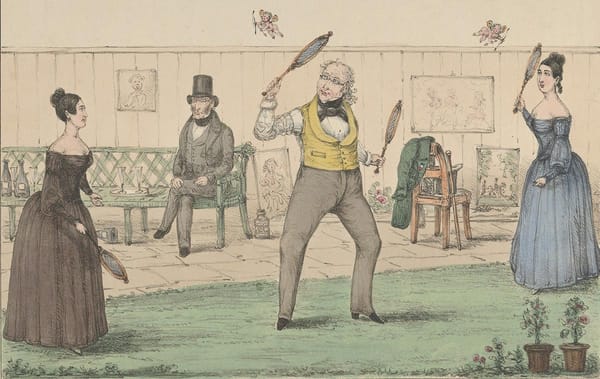Computerized cognitive training for problem gambling: A randomized controlled trial (TRAIN-online)
Abstract Background Non-face-to-face interventions offer promise, with cognitive training showing potential but inconsistent efficacy in problem gambling. Methods We conducted a non-face-to-face, parallel, randomized, controlled, single-blinded trial to evaluate training programs in adults with problem gambling (CPGI ≥5). Participants were randomized 1:1 to a web-based cognitive training program targeting inhibition unrelated to addiction cues or a control program on visuo-spatial functioning. Both programs benefited from weekly phone calls to support engagement and transferability to daily life. A mixed community and out-patient sample was recruited at the national-level. The primary outcome was change in CPGI at week 6. Secondary outcomes were change in impulsivity, gambling behavior and quality of life at 6 and 14 weeks. Results 187 participants were screened, with 185 randomized: 93 to intervention and 92 to control. No significant differences were found between groups for any outcome. Mean PGSI change at 6 weeks was −2.75, 95% CI [−12.95; 7.44] in the experimental arm versus −2.44, 95% CI [−13.52; 8.64] in controls, p = 0.76. 34% of participants were classed as no longer problem gamblers at week 14. Intervention acceptability was moderate, with 21 participants (22.58%) in the experimental group, and 32 (34.78%) controls never accessing the platform (p = 0.07). Conclusions Further research is needed to optimize cognitive interventions in problem gambling, to improve engagement and to demonstrate their added value beyond minimal intervention. For a number of problem gamblers, minimal telephone interventions appeared to be sufficient to reduce gambling. Objective account-based gambling data will provide valuable insights into long-term and objective effects.









